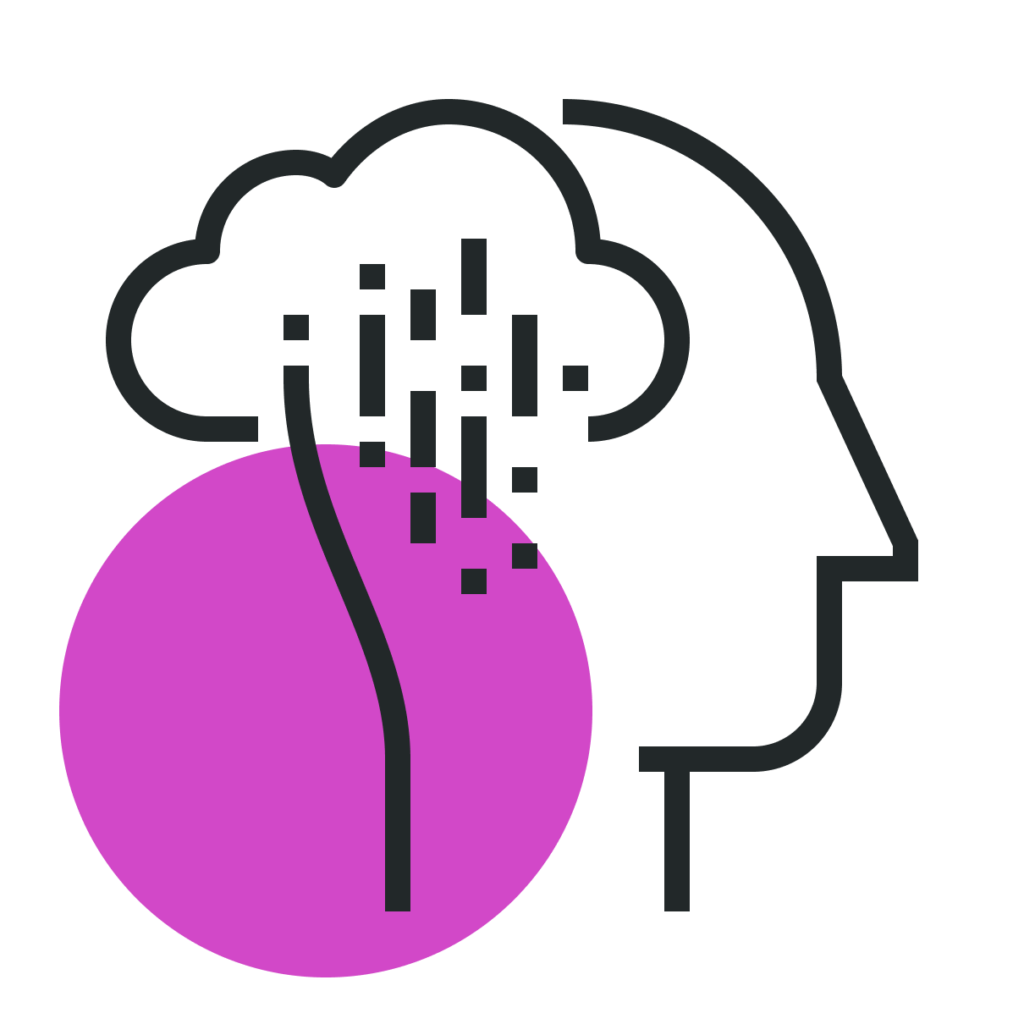Hindsight bias, also termed the “knew-it-all-along effect,” is a concept that has intrigued psychologists and researchers for decades. The term was first introduced in the 1970s by psychologists Baruch Fischhoff and Ruth Beyth, who conducted studies on how people’s knowledge of an outcome influenced their recollection of their own predictions. Their research showed that once an event had occurred, individuals tended to overestimate their own ability to have predicted or expected the outcome beforehand.
Over the years, hindsight bias has been examined across various contexts, from historical events and political decisions to personal life experiences and professional judgments. It highlights a fundamental aspect of human cognition: our memory and perceptions are malleable and can be reshaped by subsequent events, leading to overconfidence in our decision-making abilities.
On software teams, hindsight bias can significantly influence how we interpret and learn from past events. For instance, a successful product launch might lead us to retrospectively overestimate the predictability of future success, discounting the role of unforeseen challenges or chance. This can result in a skewed analysis of what led to the success, potentially leading to overconfidence in future releases
🎯 Here are some key takeaways:
Recognize the bias
Be aware of the tendency to perceive past events as more predictable than they actually were. Acknowledge the role of unforeseen factors in outcomes.
Challenge your overconfidence
Regularly question your confidence in your judgments, especially after the outcomes are known, to avoid overconfidence in future decisions. This can calibrate your confidence levels more accurately.
Consider alternative outcomes
Actively think about how different outcomes could have occurred. This practice can help counter the simplification of past events.
Question your assumptions
Recognize that hindsight bias can lead you to overestimate your predictive abilities. Always question the assumptions underlying your predictions and decisions, especially after knowing the outcome.
Document decisions and predictions
Keep records of your decisions, predictions, and the rationale behind them before outcomes are known. This can help in accurately assessing your predictive abilities.
📚 Keep exploring
To dive deeper into the topic of hindsight bias and its implications for decision-making, check out these resources:



